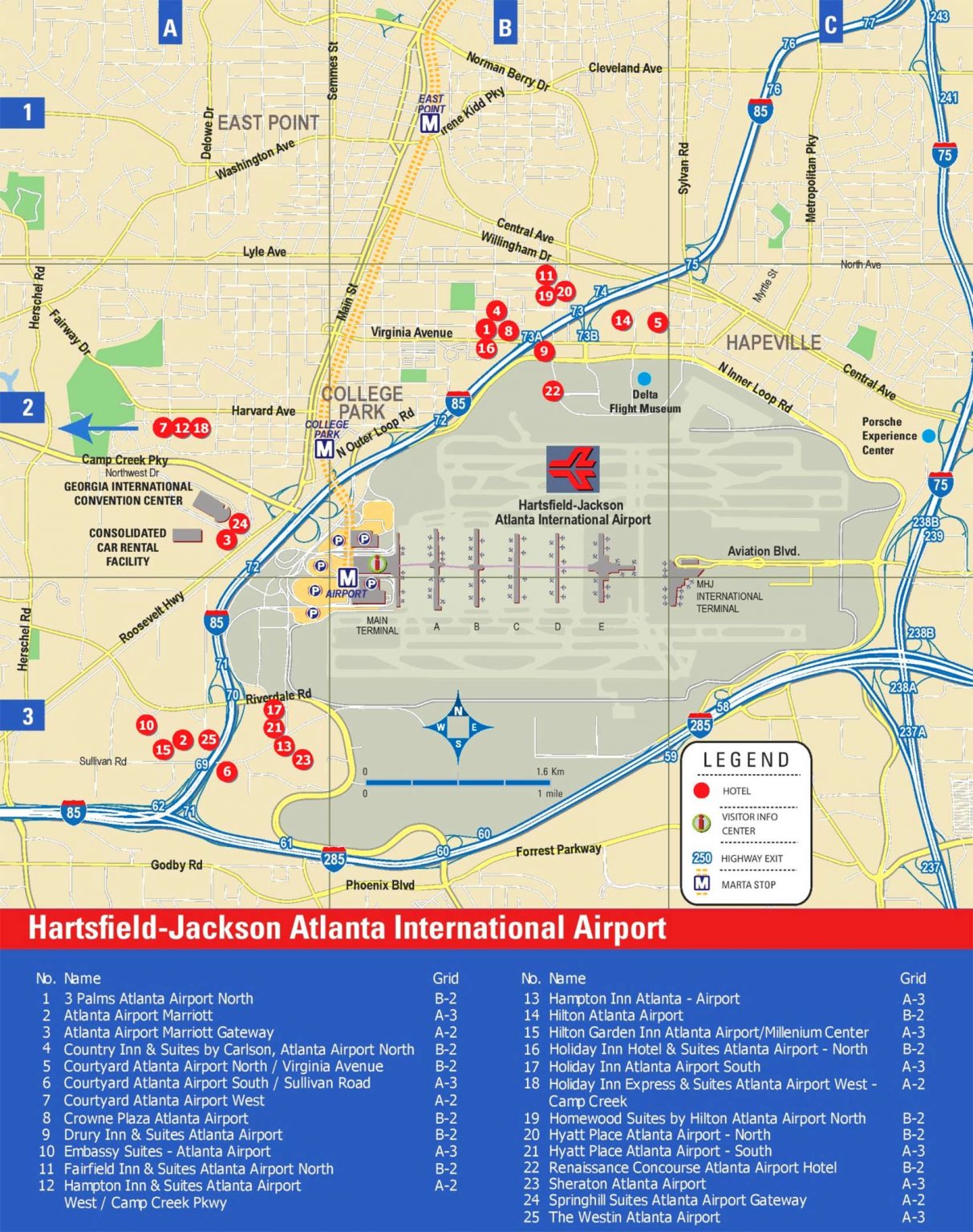Atlanta's Hartsfield-Jackson International Airport is one of the busiest airports in the world, serving millions of passengers annually. With such a high volume of flights, delays and cancellations can be common occurrences. Whether you're traveling for business or leisure, staying informed about your flight status is crucial to ensuring a smooth journey. This article provides real-time updates and essential information to help you navigate through potential disruptions at Atlanta Airport.
Understanding the factors that contribute to flight delays and cancellations can empower travelers to make better decisions. From weather conditions to mechanical issues, various elements can impact flight schedules. By keeping up with the latest updates and utilizing available resources, you can stay ahead of any changes to your travel plans. Below, we delve into detailed insights on how to manage and respond to delays and cancellations effectively.
Tracking Flight Status: A Key to Smooth Travel
Staying updated on your flight status is paramount when traveling through Atlanta Airport. The official Boston Logan International Airport flight status tracker serves as an excellent example of how technology aids travelers. It offers real-time updates on arrivals and departures, allowing passengers to plan their journeys more efficiently. Similarly, Atlanta Airport provides comprehensive flight information through its digital platforms, helping mitigate the stress associated with unexpected changes.
In addition to official trackers, third-party applications like FlightAware provide additional insights into flight operations. These tools offer detailed statistics on delays and cancellations, empowering passengers with the knowledge needed to make informed decisions. Whether it's rebooking a flight or adjusting arrival times, having access to accurate and timely data ensures smoother travel experiences.
Moreover, airlines play a critical role in disseminating flight information. When delays or cancellations occur, they are responsible for updating all relevant details promptly. Passengers should regularly check airline websites or mobile apps for the most current updates regarding their flights, ensuring they remain well-informed throughout their travel journey.
Managing Delays and Cancellations Effectively
Hundreds of flights have been canceled or delayed at Hartsfield-Jackson Atlanta International Airport, impacting thousands of travelers. While these disruptions can be frustrating, understanding how to manage them effectively can alleviate some of the stress. Airlines often begin showing improvements in flight operations after initial setbacks, but it's essential to stay vigilant about ongoing updates.
Passengers experiencing cancellations may benefit from contacting their airline directly for assistance. Many airlines offer alternative flight options or accommodations to stranded passengers. Additionally, being proactive by checking for updates on social media or airline-specific apps can provide quicker resolutions than waiting in long customer service lines at the airport.
For those anticipating delays, planning ahead is key. Arriving earlier than scheduled can provide extra time to address unforeseen circumstances. Furthermore, signing up for text or email alerts from your airline ensures you receive immediate notifications about any changes to your flight schedule, enabling you to adapt accordingly.
Utilizing Real-Time Data for Better Planning
Real-time cancellation statistics and flight tracker links offered by platforms like FlightAware provide valuable insights into airport operations. At Hartsfield-Jackson Intl, total delays within, into, or out of the United States today can significantly impact travel plans. Understanding these figures helps travelers anticipate potential challenges and adjust their schedules appropriately.
Airports such as BWI Marshall and Savannah/Hilton Head International also offer departure and arrival lists, enhancing transparency in flight operations. These resources allow passengers to track their flights accurately and prepare for any deviations from planned timetables. Utilizing air traffic maps and route maps further aids in comprehending broader patterns affecting specific routes or regions.
For instance, using PHL.org’s flight information search bar enables users to quickly ascertain basic flight statuses, including delays or routes. Such tools streamline the process of gathering necessary information, making it easier for travelers to respond swiftly to changing conditions. By leveraging these technological advancements, passengers can enhance their overall travel experience while minimizing inconveniences caused by delays or cancellations.

